Cyrus Sutton Wins Earth Day Film Festival Award for Hawaiian "Island Earth" Documentary.
To transform our food systems into resilient ecosystems that support human health and nurture our environment takes creativity and passion.– Cyrus Sutton, Director
About Island Earth Documentary
To feed all the humans on the planet, we are going to have to grow as much food in the next 35 years as we have grown since the beginning of civilization.
But our conventional agricultural practices are depleting the earth’s natural resources faster than we are replenishing them. Not to mention that the pros and cons of most attempts at modern chemical solutions (pesticides, synthetic fertilizers, GMOs) continue to be heavily debated by scientists, policy makers, industrial heavyweights and community activists.
How are we going to feed the world without destroying the planet we live on?
Island Earth brings this question to life by taking us on the ground to Hawaii, the “ground zero” where all of these issues collide in sharp relief. Less than two centuries ago, native Hawaiians fed their large population through some of the most historically sustainable agricultural practices ever documented. Yet modern-day Hawaii now imports 80-90% of their food supply from elsewhere in the world, due to a complex web of public policy and private interests. Within two generations, the Hawaiians have become canaries in the coal mine for food issues that are affecting the entire planet.
This film captures our moment in time, where two separate paths are being forged at once: one that builds upon the past in the name of progress, and the other that rejects the past in the name of progress. It bears witness to the choices that we are making today that will affect our future no matter what.
CAST & CREW
Island Earth follows Malia Chun, Cliff Kapono, and Dustin Barca – three Hawaiians seeking to make Hawaii a beacon of hope for an uncertain future.
Cliff Kapono
Cliff is a Kamehameha School graduate with a Masters in Biotechnology who is finishing his PhD in Chemistry at UCSD. Hailing from Hilo, Cliff sets out to be a positive force in local Hawaiian agri-business but discovers that there is more to the issue than meets the eye.
Dustin Barca
Dustin is a former professional world tour surfer and professional MMA fighter living in Kauai. Unimpressed by his local government employees and their ties with GMO corporations, Dustin chose to take action by running for mayor.
Malia Chun
Malia is a Hawaiian cultural practitioner and educator living in Kauai. She joined the anti-GMO movement after the sugarcane fields opposite her house were replaced by GMO crops heavily saturated with pesticides, causing her family to become sick.
Cyrus Sutton (Director)
Cyrus Sutton is an Emmy-winning filmmaker based near Portland, Oregon. At 23 Cyrus won an Emmy for his writing and cinematography on Next Wave: A Tsunami Relief Story for Fox Fuel TV.
Today he serves as director of media at Guayaki Yerba Mate and continues to pursue his documentary filmmaking career.
What are some easy next steps we can take to get involved? For me it’s been a process of learning about organizations in my local area that are committed to providing for the basic needs of my community in ways that are beneficial to the land and our health. Permaculture and regenerative agriculture organizations have really inspired me by their creative solutions based ways of thought.
FILMMAKER STATEMENT
Growing up amongst Southern California’s endless strip malls, trips to Hawaii symbolized what the world could be—lush, fragrant and vital. Beyond the beautiful surf was a culture that taught me a different definition of wealth, where clean water and verdant landscapes held everything that we needed to thrive. A few years ago, I heard that this paradise was being poisoned by chemical companies testing their GMO crops. Shocked by the lack of the media coverage and the misleading information, I decided to do something.
In the past three years, I’ve been working on a film, Island Earth, that seeks to tell this story. I’ve had the opportunity to talk with some of America’s leading scientists, doctors, and journalists to learn firsthand about the complex systems that produce our food. A study published by Cornell University in 2006 reveals that our current farming practicesare accelerating the erosion of 37,000 square miles of farmland each year. Without fungal and plant root webs, soil becomes structureless dirt that can be easily swept away by wind and rain.
Although GMOs have been touted by many as an answer to feeding the world, the vast majority of GMOs today are used to sell more herbicides. As UC Berkeley professor Tyrone Hayes asserts, 90% of the world’s seeds are owned by a handful of the world’s largest chemical companies. In fact, a recent New York Times article shows that the use of herbicides has risen a whopping 21% since the introduction of GMO herbicide resistant seeds twenty years ago. This is the heart of the GMO issue: I believe it’s not necessarily the technology itself, but the way the technology is being used.
To transform our food systems into resilient ecosystems that support human health and nurture our environment takes creativity and passion. I’ve partnered with my good friends at The Ecology Center, a leading ecological education center, to put together a manual to inspire each one of us to dig our hands into the soil and become part of the solution. Growing food, celebrating with loved ones, and supporting local organic agriculture is our path forward. Today, we offer a simple and practical guide to co-creating a better world. Dig in.
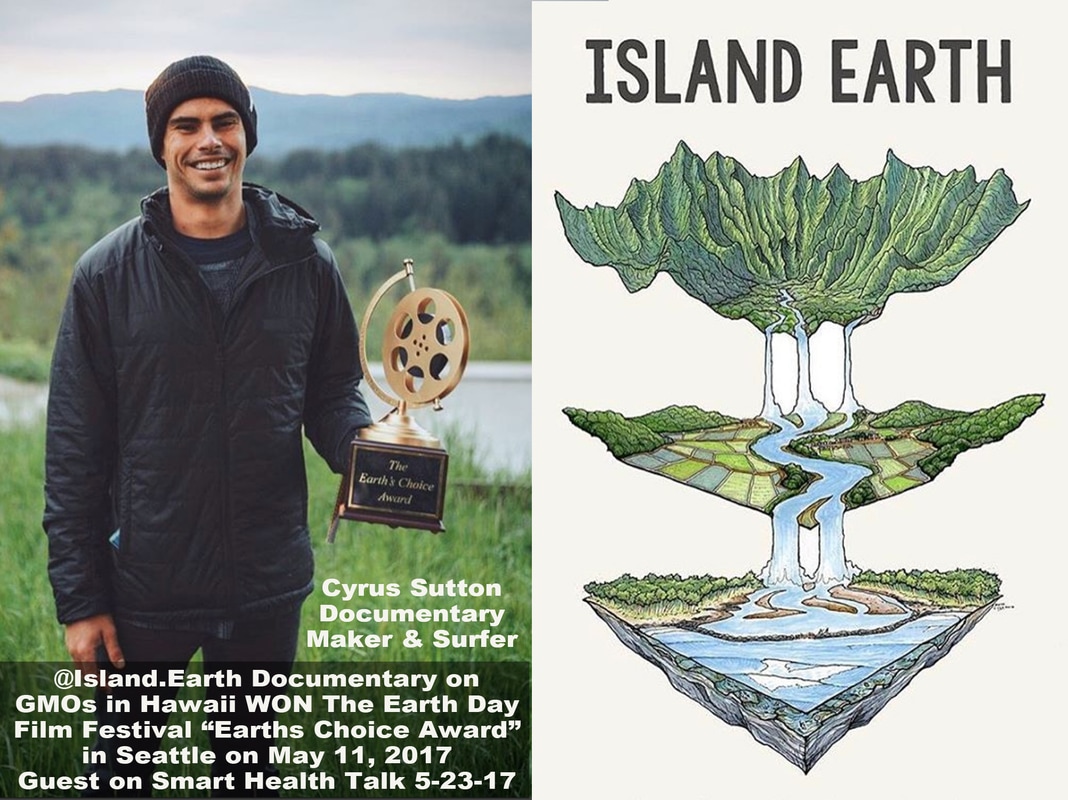
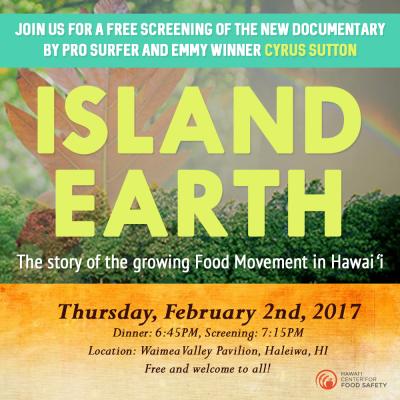
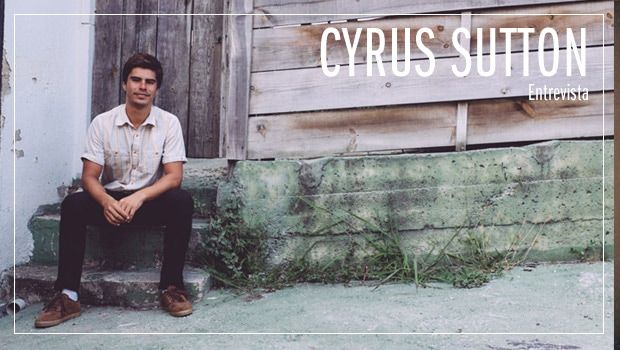
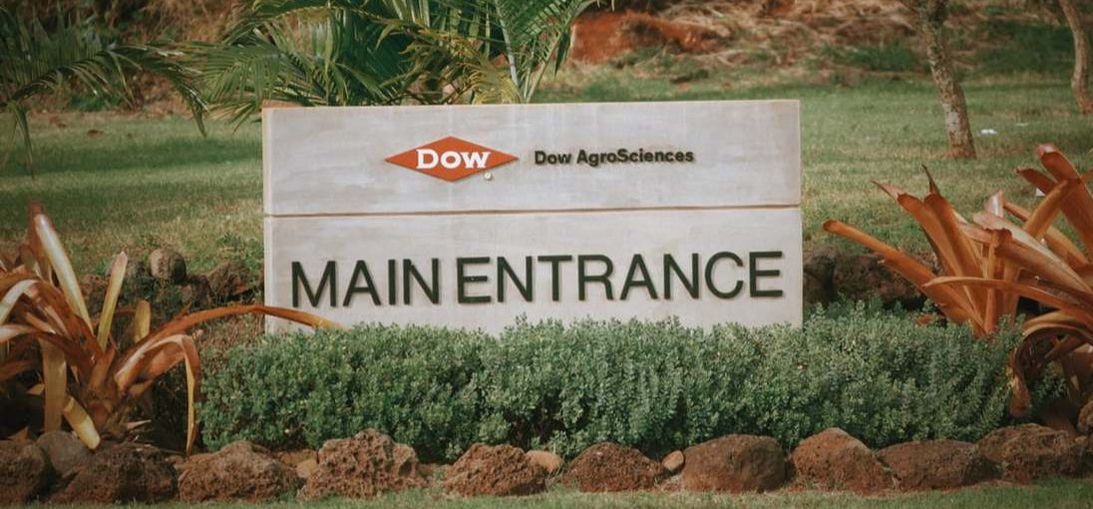

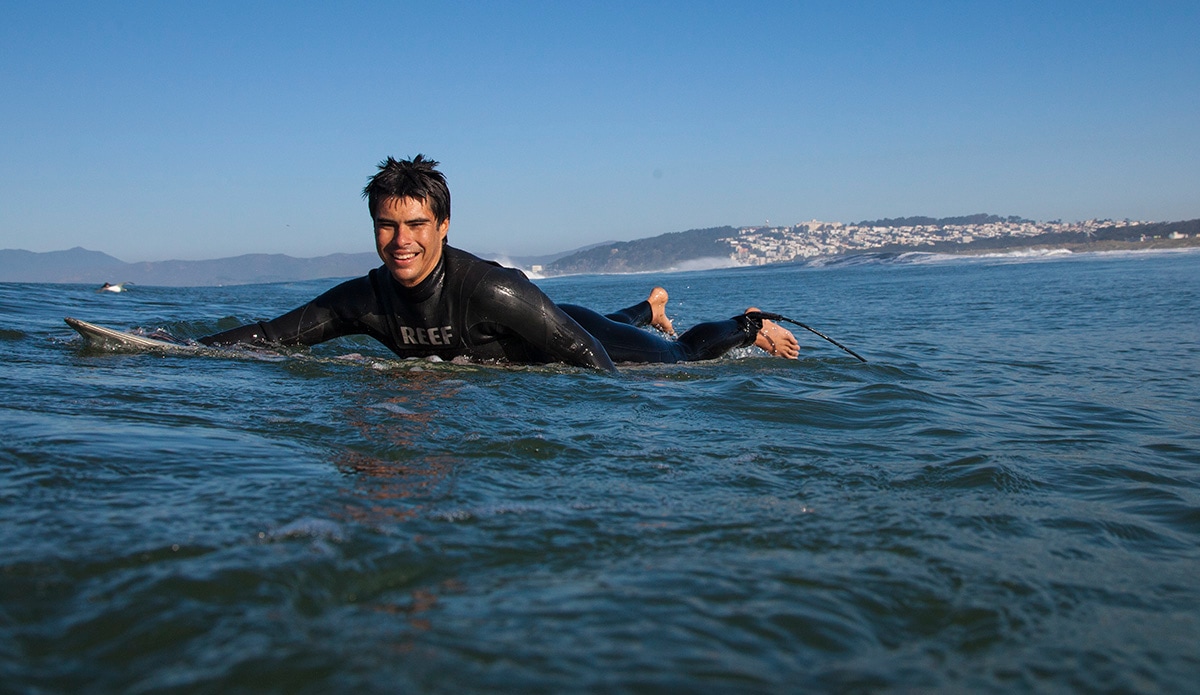
 RSS Feed
RSS Feed
